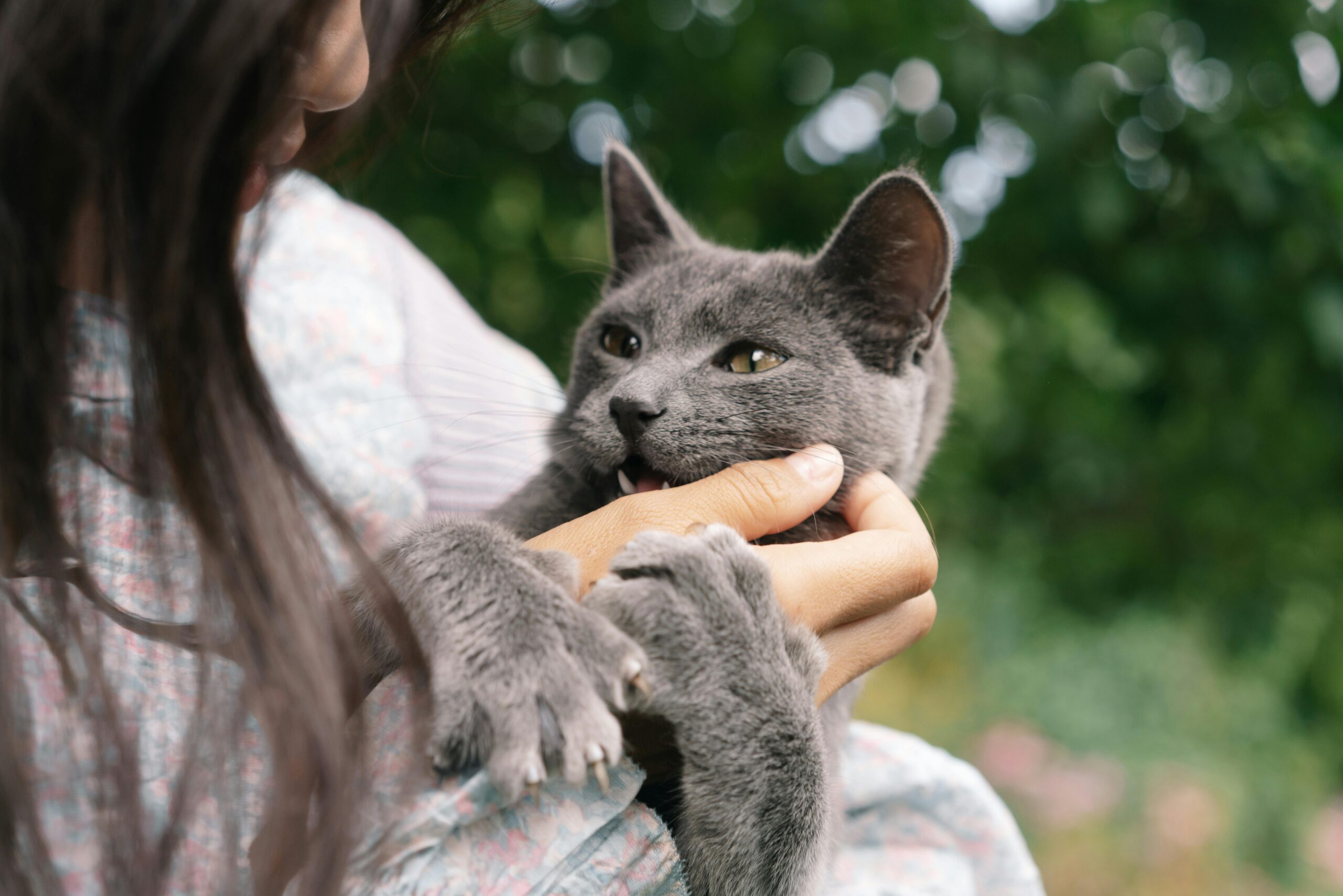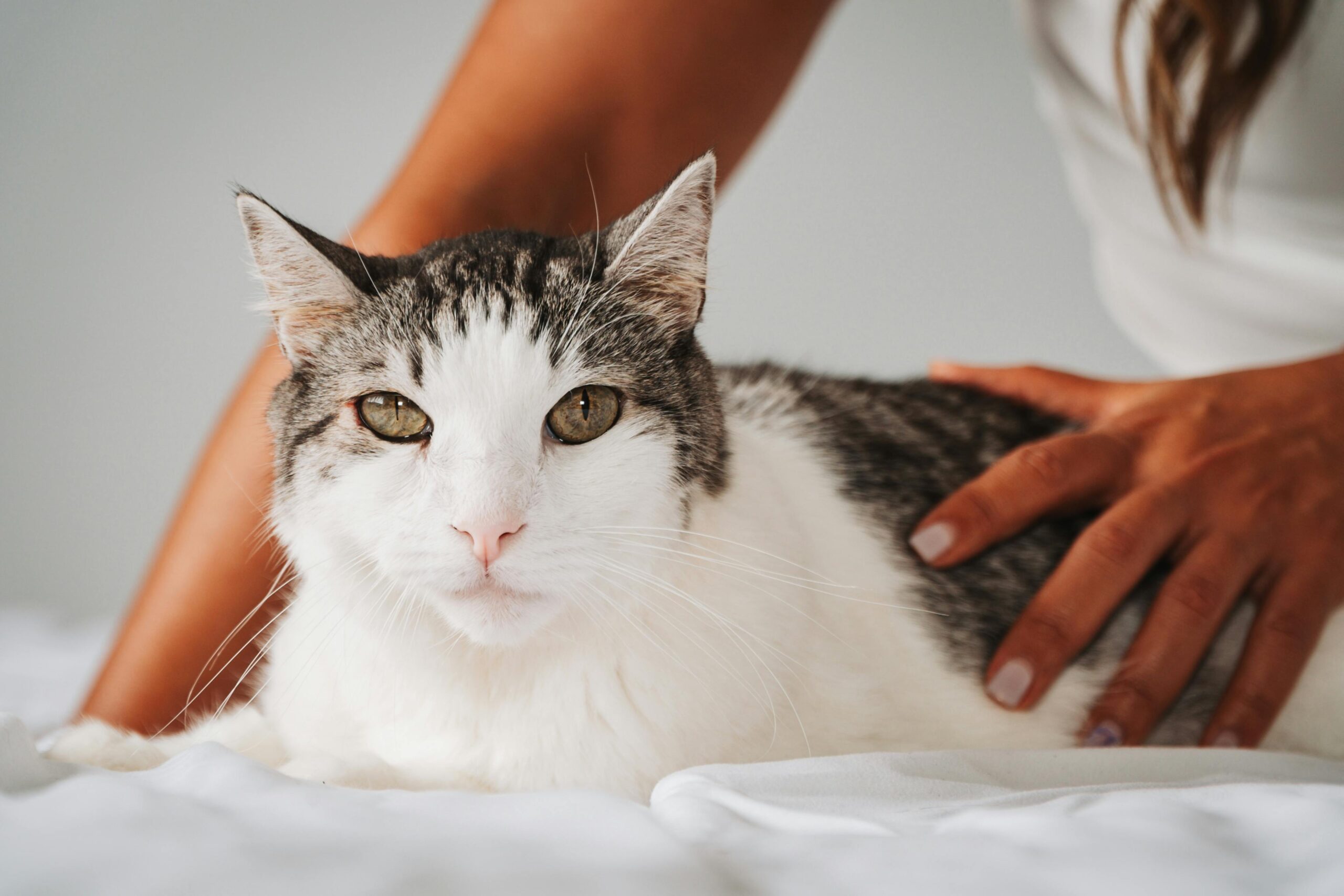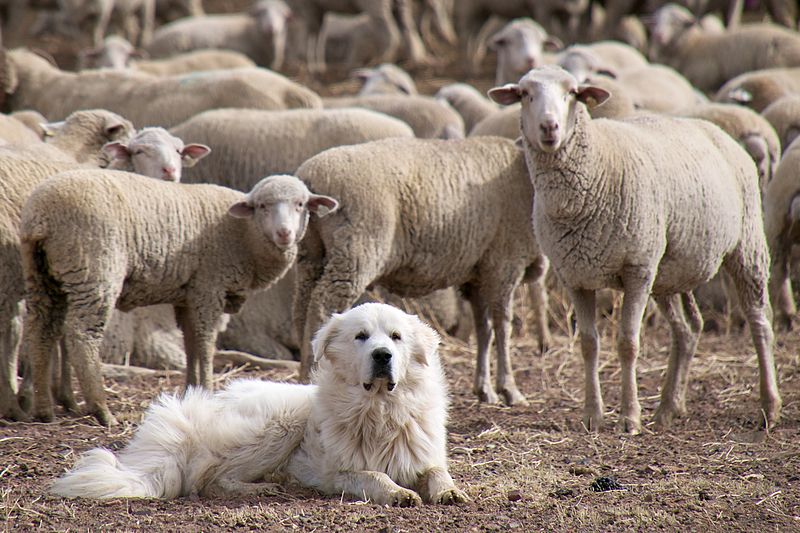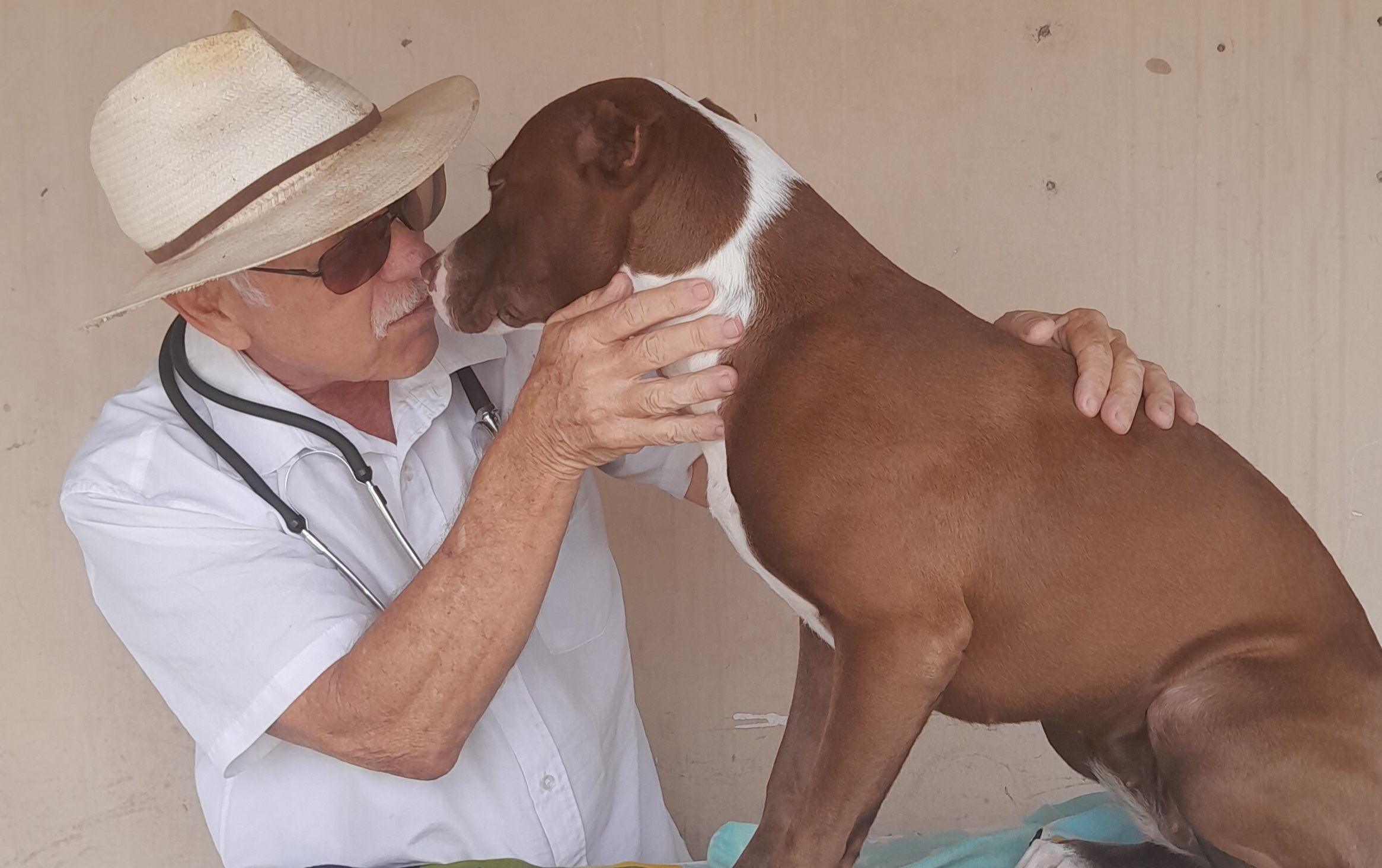How Can I Help My Cat Manage Kidney Disease?
In my previous post, 11 Signs Your Cat Has Kidney Disease & How Vets Diagnose It, we discussed the signs of kidney disease in cats and how vets diagnose the condition. There is no cure for this disease nor is there any way to make things better. To help a cat with kidney disease, all you can do is keep your cat healthy as long as possible so that they will still enjoy their life. The following tips can help.
Home Treatments for Kidney Disease in Cats
There are things you can do at home to help a cat with kidney disease, and none of them are going to hurt your cat if your cat’s kidneys are still okay:
1. Feed Only Moist Food
Cats with kidney disease cannot concentrate their urine and lose a lot of water each day, more than they normally drink. The best way to keep your cat hydrated is by giving canned food, which is about 80% water.
Some cats will also eat if you add extra water to the food, but do this gradually and only add a tablespoon at a time. When too much water is added, your cat will not want to eat it. In that instance, you will have to dump that food and go back to what they were willing to eat on previous days. Do not allow them to skip a meal if they don’t want the extra water.
2. Change the Diet
It is not always easy to change your cat’s food when they are not eating well because of kidney disease. However, a change at this time is one of the best ways to prevent this disease from progressing rapidly. (1) If you do not have access to one of the prescription kidney diets and want to make up something at home, the new diet needs to be higher in protein than a normal food with more fat so that there are more calories available. (1)
If your cat does not want to eat enough, you can feed things like chicken, but the phosphorus levels need to be kept low so do not feed any organs (like liver and kidneys) nor any sardines, lentils, or any grains.
3. Feed Several Times a Day
Cats with CKD need more energy and protein just to maintain their weight. And if given one or even two meals a day, they cannot eat enough. They sometimes feel nauseated, and if they eat too much, they might vomit. The best thing for your cat is to eat in the morning, mid-day, in the evening when you get home, and even before bedtime.
4. Provide a Water Fountain
Cats were originally desert animals and might not want to drink enough water; they were more likely to drink from a stream than a pool of stagnant water when wild. If your cat has symptoms of kidney disease, one way you can stimulate water consumption every day is by providing a water fountain.
5. Use Multiple Water Bowls
Do everything you can to prevent dehydration. Some cats will not want to drink from a deep bowl, so it is better to provide shallow dishes that do not bother their whiskers. It may also be helpful to have multiple bowls around the house and waters of different temperatures. You can have a bowl available that is room temperature and another that you can add an ice cube to it throughout the day.
6. Subcutaneous Fluids
Figuring out if your cat is dehydrated is not always easy, but if you see that your cat has dry gums, “sunken” eyes, or the skin does not fall back into place after you lift it up, they need fluids. The amount of fluids given will depend on the cat’s size and the amount of dehydration. But for the average-sized cat with mild dehydration, about 100 milliliters would be okay. If you are in the US, the cat will need a prescription, so fluids can only be given orally if you cannot see a vet.
7. Provide Vitamins
Vitamins are not necessary for a cat that is eating a balanced diet. But, sometimes cats with kidney disease lose extra vitamins. The B vitamins are especially important, and if the levels cannot be tested, you can purchase an over-the-counter vitamin B supplement for adult cats.
8. Try Probiotics (Yogurt)
Studies have shown that prebiotics (things that help bacteria flourish in the bowel) help cats with CKD gain weight. (3) New studies also show that the microbiome in your cat’s bowel also changes with kidney disease because of all the toxins in the blood. Plain, non-flavored yogurt can help re-establish normal gut flora, so you can feed a teaspoon every day. Cats love it right from the spoon, it is high in liquid (another benefit), and contains very little lactose so does not cause diarrhea.
9. Add Omega Fatty Acids
Adding fish oil might help CKD because some studies show that it slows down the damage to the kidneys. (It will not reverse the damage already done.) Do not use flaxseed oil or any of the other vegetable oils because they do not have the same taste as fish oil. And do not give too much; fish oil can cause diarrhea. So, start at the lowest dose on the label and give less if there are any problems with loose stools.
10. Use Flea and Tick Prevention
Many CKD cats become anemic, and fleas and ticks both drink blood, which will make your cat even worse. The prescription flea and tick preventatives are more effective, but none of the trials done before approval are on cats with kidney disease. Keep a flea-free environment and do not let your cat outside where they can pick up ticks.
11. Regular Grooming
Even if your cat does not have the soreness associated with old age and arthritis, they can still be sore with kidney disease and less likely to reach around and groom. Humans report that kidney disease causes muscle cramps. So, if this is true for cats too, it may be the reason we see less mobility. Use a small slick brush to gently remove loose hair and prevent clumping and matting of their coats.
12. Slippery Elm Bark
This herb is not for kidney disease but is effective for nausea, something we see a lot in cats with CKD. It is also useful for vomiting, diarrhea, and constipation since it appears to reduce irritation in the stomach and intestine. It is safe and can be mixed in with the moist food.
Medications for Cats with Kidney Failure
Many medications to help a cat with kidney disease are recommended based on tests and the stage of CKD, not clinical signs. Unless blood work confirm your cat’s diagnosis, I do not recommend medications for kidney failure.
Phosphate Binders
High phosphorus levels will cause more severe symptoms in your CKD cat and need to be treated. (4) Without lab testing, phosphorus binders should not be used since they may drive the phosphorus level too low. You might first notice that your cat is no longer willing to eat. But low levels can affect the blood, heart, muscles, and even your cat’s brain cells. Those cells need phosphorus to function and will stop working when it falls too low.
Nausea Medications
The toxins that the kidneys do not remove circulate through the blood and may cause your cat to have ulcers in the stomach. Yet many pathologists who look at cats have not found this to be true. Veterinarians often prescribe medications like omeprazole to reduce nausea, but it would be best if you could get your senior cat to eat by following the suggestions above. For example, moist food, new food, and feeding several times a day.
Appetite Stimulants
A cat with kidney disease does not eat because of nausea and also because of oral ulcers caused by the toxins in the blood. Some medications increase hunger, but if you are treating a cat at home, it helps a lot to heat up the moist food or mix in a few pieces of baked (not fried) meat. To stimulate appetite, you can also try feeding warm human baby food either Gerber Baby Chicken or Baby Beef, without vegetables added in. They are high in moisture and highly palatable.
Anemia Treatment
With CKD, a pet’s kidneys no longer produce erythropoietin, a hormone that causes the body to produce more red blood cells and prevents anemia. The only way to prevent the anemia from getting worse is to give weekly injections of an artificial hormone that is expensive and only available with a prescription. Home methods to treat anemia (like giving iron-rich foods) do not work since the cat is missing this hormone.
Blood Pressure Medication
The majority of cats with kidney disease have high blood pressure. (5) In fact, the high blood pressure may have caused it in the first place or may just make it worse. There are several good medications available that can extend your cat’s life if this problem is diagnosed.
Homeopathic Products For Kidney Failure in Cats
Homeopathic medicines are expensive, do not work, and will not extend your cat’s life or improve the quality of their life. They are 100% safe, like the manufacturers claim, because they are water with almost no molecules of the original toxin present. Some people do claim that they work, usually after spending a lot of money on buying them.
Well-controlled clinical studies typically failed to substantiate any beneficial effect of homeopathic preparations. They concluded that there was no clinical evidence to support the use of homeopathic preparations to treat or prevent diseases in animals. This article explains how they are made and their theory, which does not work in animals.
Final Thoughts on Helping a Cat with Kidney Disease
If you want to help your cat manage kidney disease and feel tempted to buy a homeopathic medicine for them, please do not do so. Spend the money instead on testing so that your pet can be on medication that is effective.
References:
- Hall JA, Fritsch DA, Jewell DE, Burris PA, Gross KL. Cats with IRIS stage 1 and 2 chronic kidney disease maintain body weight and lean muscle mass when fed food having increased caloric density, and enhanced concentrations of carnitine and essential amino acids. Vet Rec. 2019 Feb 9;184(6):190. https://www.ncbi.nlm.nih.gov/pmc/articles/PMC6589452/
- The Ins and Outs of Managing Feline Chronic Kidney Disease, Veterinary Nurse. https://todaysveterinarynurse.com/urology-renal-medicine/managing-feline-chronic-kidney-disease/
- Hall JA, Jewell DE, Ephraim E. Feeding cats with chronic kidney disease food supplemented with betaine and prebiotics increases total body mass and reduces uremic toxins. PLoS One. 2022 May 24;17(5). https://www.ncbi.nlm.nih.gov/pmc/articles/PMC9129019/
- Schauf S, Coltherd JC, Atwal J, Gilham M, Carvell-Miller LJ, Renfrew H, Elliott J, Elliott D, Bijsmans ES, Biourge VC, Watson P, Bakke AM. Clinical progression of cats with early-stage chronic kidney disease fed diets with varying protein and phosphorus contents and calcium to phosphorus ratios. J Vet Intern Med. 2021 Nov;35(6):2797-2811. https://pubmed.ncbi.nlm.nih.gov/34545958/
- Kobayashi DL, Peterson ME, Graves TK, Lesser M, Nichols CE. Hypertension in cats with chronic renal failure or hyperthyroidism. J Vet Intern Med. 1990 Mar-Apr;4(2):58-62. https://pubmed.ncbi.nlm.nih.gov/2342023/




